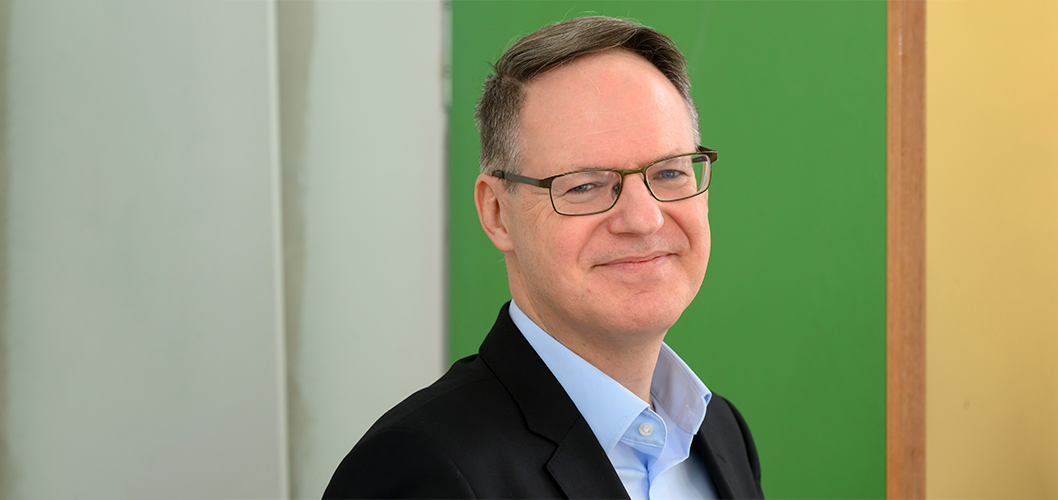Prof. Dr. Hannes Leitgeb – Gottfried Wilhelm Leibniz Prizewinner 2025
Theoretical Philosophy, LMU Munich
One of the central visions of the philosopher and mathematician Leibniz was to solve philosophical problems mathematically. For him, this meant that “two philosophers who fall into a dispute will argue no differently than two accountants. It is enough for them to take a pen in hand, sit down before a little tablet, and say to each other: ‘Calculemus!’ (Let us calculate!)”. The mathematician and philosopher Hannes Leitgeb is also working to achieve this objective. He has shed light on the tradition of mathematical-analytical philosophy by carrying out key historical studies, expanding it with the help of creative ideas, and applying it to numerous phenomena in philosophy and in the cognitive and linguistic sciences. Based on a groundbreaking theory, he has shown how rational convictions and their dependence on new data can be justified. He has also made significant contributions to our understanding of indefinite and vague terms and has defined the framework in which expressions can be understood that refer to the same thing but have different meanings.
Hannes Leitgeb studied mathematics and obtained his doctorate in both mathematics and philosophy at the University of Salzburg before going on to become an assistant professor at the Faculty of Philosophy there in 2001. From 2004 to 2005, he conducted research at Stanford University, USA, and then at the University of Bristol, UK, where he accepted a professorship in 2007. Since 2010, Hannes Leitgeb has been Alexander von Humboldt Professor of Logic and Philosophy of Language at LMU Munich. Previous distinctions he has received for his work include the 2007 Friedrich Wilhelm Bessel Research Award from the Alexander von Humboldt Foundation. The Society for Analytic Philosophy has decided to award him the Frege Award at its next conference in 2025. He is a member of the German National Academy of Sciences Leopoldina and the Academia Europaea. He was also editor of the journal Erkenntnis up until 2023.
GEPRIS
In our information system GEPRI(externer Link) you will find an overview of current and completed projects of Professor Dr. Hannes Leitgeb.
